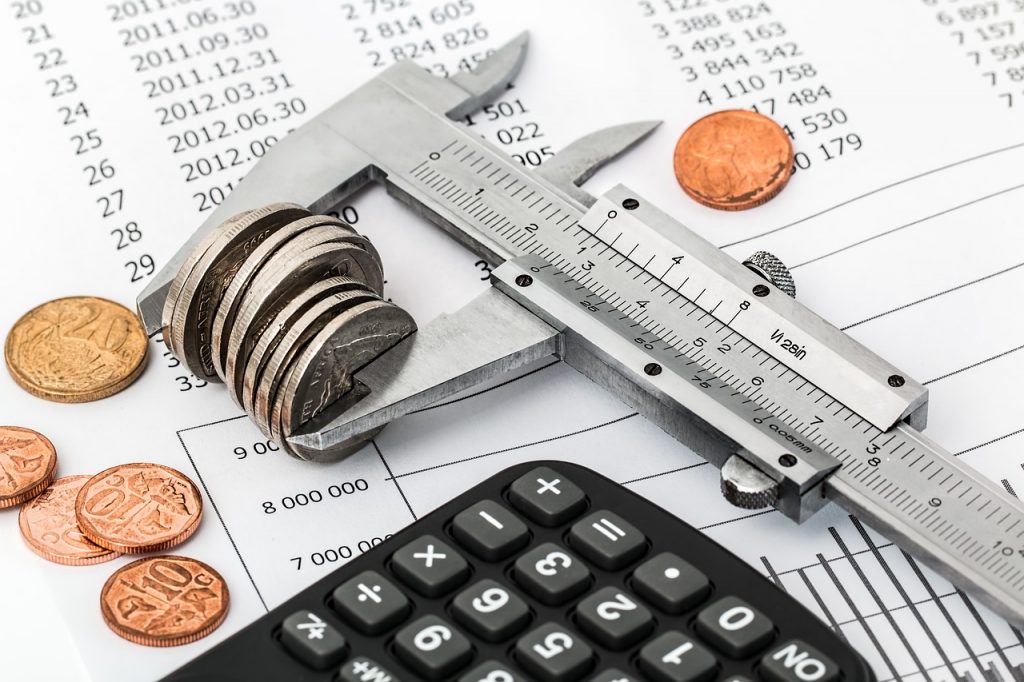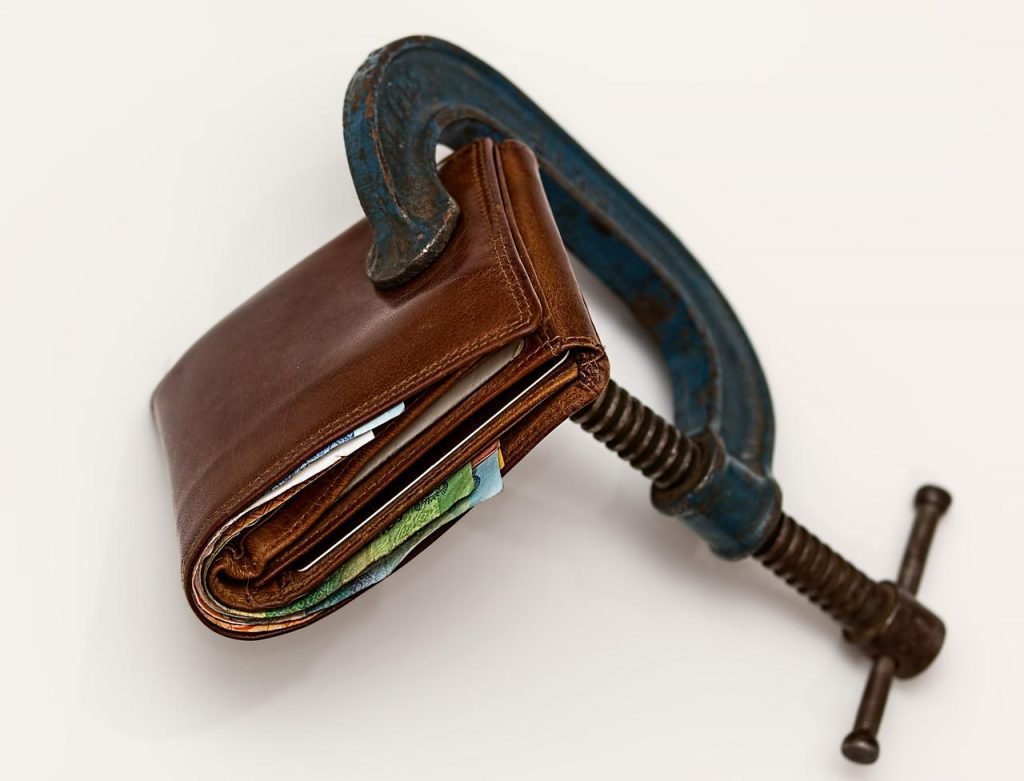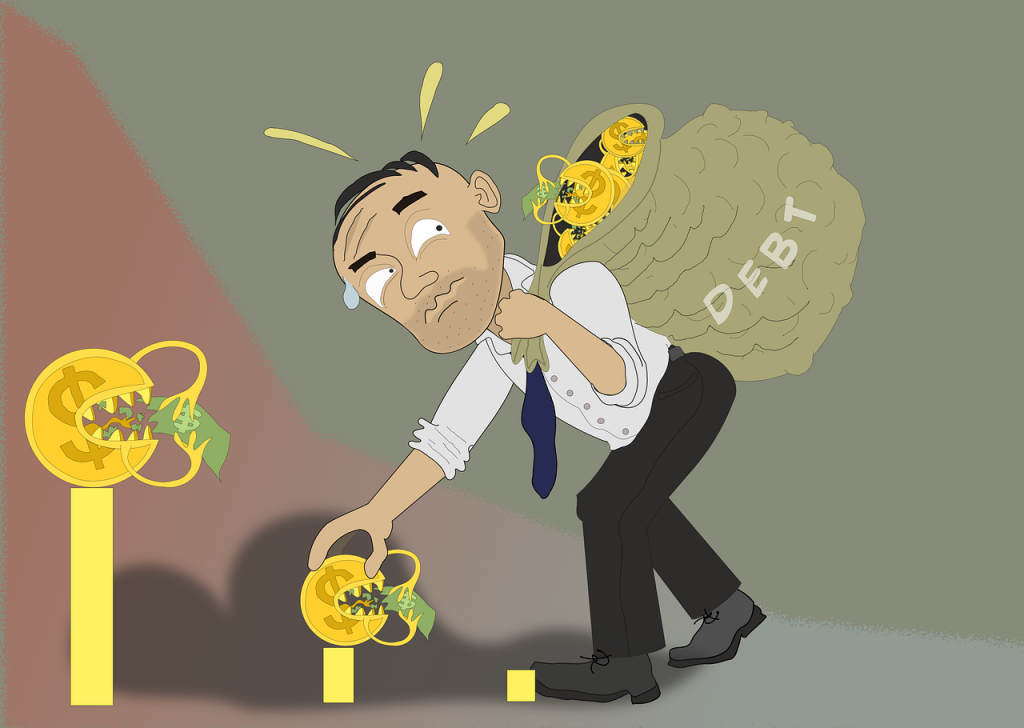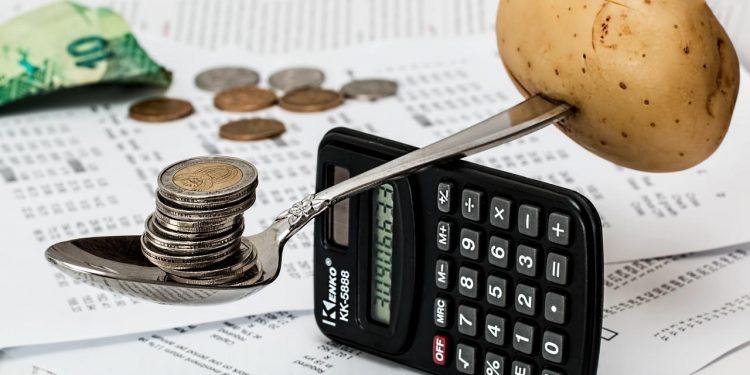Personal Finance is the number one skill required in life

Have you ever stopped to think about how much of an impact our finances have on our mental well-being?
Have you ever wondered why so many of the problems we encounter in life stem from money?
At some point, we become so deeply entangled in our financial responsibilities that they seem to take up all of our time and energy. This causes us to make poor financial choices, which unfortunately leads to more stress and anxiety.
It is a fact that our financial standing influences our mental health more so than we give it credit for. Understanding Adulting in Personal Finance goes a long way to ensuring mental peace.
Financial challenges might be the number one reason that gets you into mood swings, depression, isolation and anxiety. It is a common feeling for most people to just overcome it all with the “adult” attitude; but in reality, it’s just an excuse to justify why we are not as happy as we used to be.
What are your feelings about being financially dependent vs being financially independent?

We all reach a certain age when the word “Adulting” becomes the epitome of our vocabulary.
Adulting is a term thrown around by people to describe the unavoidable yet inevitable tasks that come with an adult’s life
The word “adulting” should have a silver lining connotation. At its core, adulting is simply owning your financial life to the fullest. It brings you comfort knowing you have all the responsibilities and commitments of being a grown-up.
More so, it denotes a desire to take charge of your finances, and become financially stable in a way that helps you achieve self-fulfilment beyond what you could have as a child.
What is Personal Finance and Why is it important?
Personal finance is the discipline of managing your money, and understanding your needs, wants and financial goals. It involves budgeting, investment analysis and investing, in order to achieve personal financial success.
Managing your finances can be one of the most difficult endeavours.
It is important to assess your living expenses, assets, liabilities and disposable income in order to make smart choices about the path of your life. The first step to improving your finances is to know what percentage of your disposable income goes to your discretionary spending.
Spending your Money Wisely

Discretionary spending refers to what you use to pay for non-essential expenses; the luxuries of life.
It can be difficult to understand where our money went, especially when we are experiencing economic difficulties; because we often do not realize how much we spend on unnecessary things every month.
When things are out of our control, we tend to focus on the how and not the why. A good way to understand where your money goes is to break down expenses in terms of high-risk versus low-risk.
The Basic Principle of Personal Finance

High-risk expenses need immediate attention, such as most utility bills and monthly payments that come due before your next salary.
Low-risk expenses are those which you may have time to delay or/and postpone until a certain future point in time.
People often assume that they are in control of their finances, when often they are not.
To be financially secure, you have to know how much money you need. So that you place your spending where it should be, and you have enough money set aside for emergencies and other unexpected expenses.
Simply knowing how much debt and assets you have is not enough.
Getting a handle on your finances will help you plan for the future and reduce stress so that you can focus on living the life you want to live.
The Cost of Ignoring Your Finance

Digital lending apps have proliferated the fintech industry, making it easy for one to quickly access mobile loans on their phones. It is now common to pay for expenses using these mobile loans.
We are huge proponents of these innovative new tools, but there are some things we need to know and keep in mind before getting too comfortable with them.
Due to the nature of digital lending, it is sometimes hard for one to distinguish the benefits and disadvantages of these platforms.
Without a doubt, the financial miracle that is digital lending, has its benefits such as open access and better affordability; although some of us are quickly becoming victims of overexposure to these types of platforms.
We now have a plethora of loans to choose from.
The chances are very high that we have more than one loan account on our smartphone, with each particular one having a different interest rate which makes it so convenient to access funds on demand.
It is now extremely common for us to have polyamorous relationships with these loan apps, turning to the readily available one who has the biggest assets.
This makes it easy to borrow more than you need, which leads us to pay more than we should, especially when you consider the interest rates that are charged on these loans.
Poor personal finance will lead to an over-reliance on these app lenders, causing you to lose control over your finances and life goals, making those loan repayments a perpetual living expense.
By no means can you loan your life out of poverty.
How Will We Stimulate Your Neurons?

Understanding your Finances is Essential for Success.
Your financial plan is the most important step in strengthening your relationship with money.
This plan will act as a compass, helping you navigate the treacherous waters of financial decision-making. By developing a comprehensive plan and incorporating it into your daily life, you’ll be able to make more informed decisions, with less stress applied to managing your finances.
On personal finance, we shall cover dealing with personal finances in depth. The aim is to help you have an intentional approach to your finances and cultivate a healthy monthly spending rule.
The goal is to be free from money, not a slave to it.
Be sure to Check out our Personal Finance Category, as this is where these types of content will be discussed at length.


























